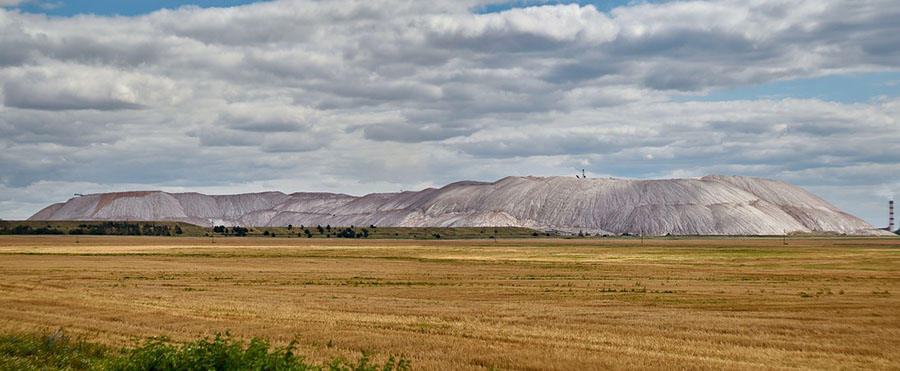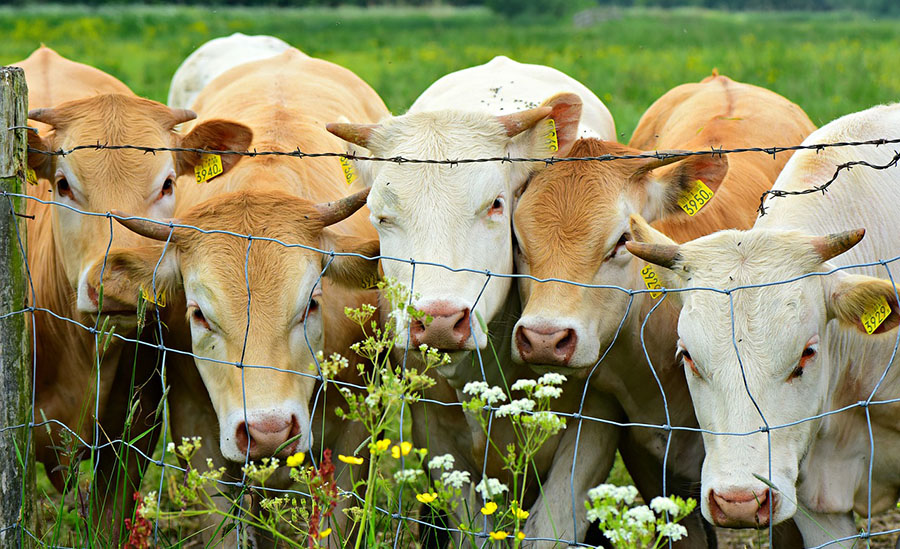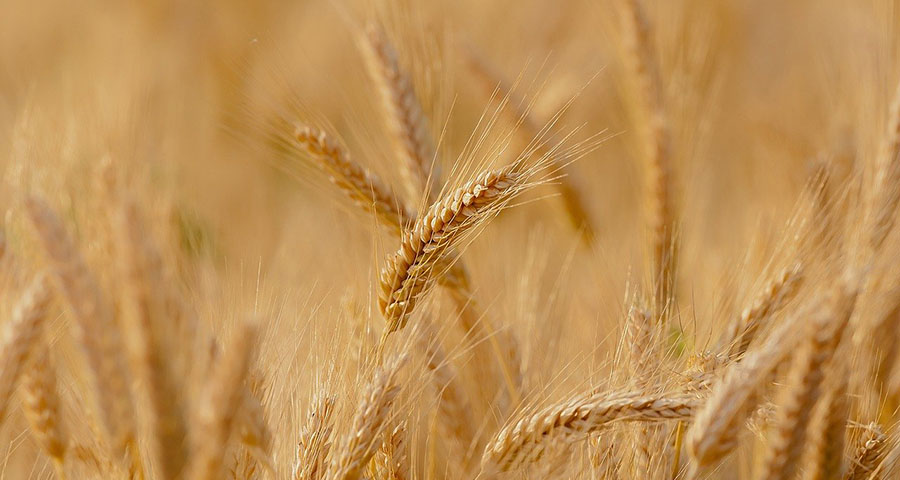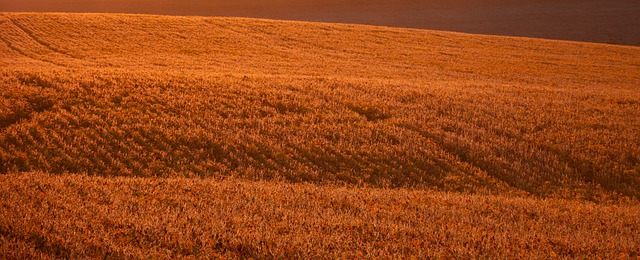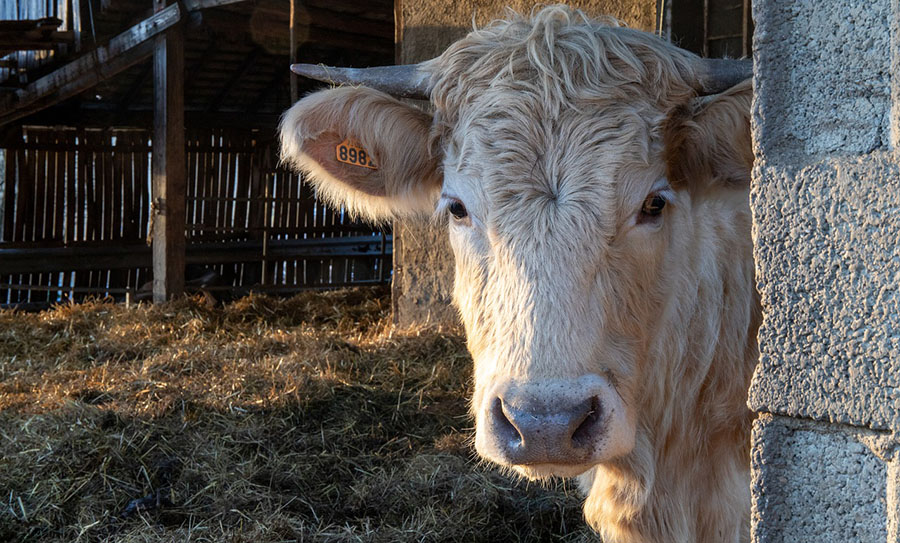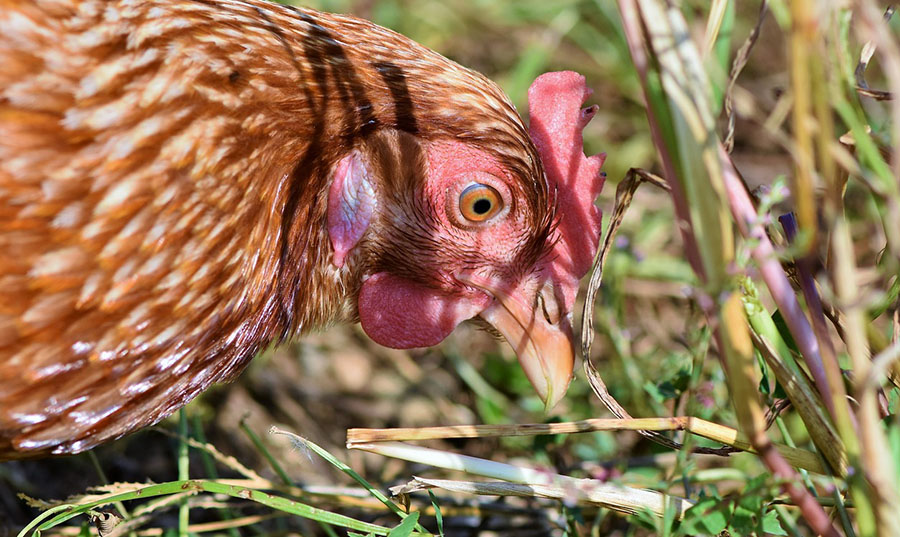Asia and Canada: Marriage Made in Resource Markets
Source: MarketWatch, Bill Mann (5/12/11)
"Canada is resource-rich, and Asia is potash-hungry."
MarketWatch, Bill Mann
Canada is resource-rich, and Asia is resource-hungry. It's a good match for investors, and Canada's potash industry is poised for major growth under a new conservative-majority government, as are other commodities.
The populous, fast-growing India market, where recent street riots protesting rising food costs might have a partial Canadian solution—potash, the crop-enhancing fertilizer. Thirty percent of the world's potash production comes from Saskatchewan, which sells $3.1 billion worth of the fertilizer annually. One recent TV report that aired in Canada said that food inflation has become "a national security issue" in India.
This ongoing anger over the high food prices comes in a nation with a supercharged economy experiencing fast growth. India, the world's second-most populous nation, has over 600 million (!) farmers and is the world's biggest potash importer. It badly needs the yellowish mineral, which is the key component in fertilizer—and it needs potash in continued, abundant and stable supply.
Patricio Varas, chief executive officer of Vancouver-based Western Potash, says the solution to India's food crisis isn't short term.
"Fertilizers are key to India's economy, because nearly 60% of the population is dependent on farming for its livelihood," Varas said.
"India cannot afford to be entirely reliant on the increasingly high prices it has to pay to Canada's major potash producers, who operate much like OPEC with their stranglehold on supplies," he added.
"It would be of huge strategic value for India to have some direct or indirect ownership of strategic Canadian potash assets," added Varas, who's seeking Indian investors to help develop his company's proposed Milestone mine near Regina. Siddharth Rajeev, a Vancouver-based analyst who has been watching Western Potash the last two years, says Milestone has the potential to produce at least 2-˝ million tons of potash per year for at least 40 years.
Canada is resource-rich, and Asia is resource-hungry. It's a good match for investors, and Canada's potash industry is poised for major growth under a new conservative-majority government, as are other commodities.
The populous, fast-growing India market, where recent street riots protesting rising food costs might have a partial Canadian solution—potash, the crop-enhancing fertilizer. Thirty percent of the world's potash production comes from Saskatchewan, which sells $3.1 billion worth of the fertilizer annually. One recent TV report that aired in Canada said that food inflation has become "a national security issue" in India.
This ongoing anger over the high food prices comes in a nation with a supercharged economy experiencing fast growth. India, the world's second-most populous nation, has over 600 million (!) farmers and is the world's biggest potash importer. It badly needs the yellowish mineral, which is the key component in fertilizer—and it needs potash in continued, abundant and stable supply.
Patricio Varas, chief executive officer of Vancouver-based Western Potash, says the solution to India's food crisis isn't short term.
"Fertilizers are key to India's economy, because nearly 60% of the population is dependent on farming for its livelihood," Varas said.
"India cannot afford to be entirely reliant on the increasingly high prices it has to pay to Canada's major potash producers, who operate much like OPEC with their stranglehold on supplies," he added.
"It would be of huge strategic value for India to have some direct or indirect ownership of strategic Canadian potash assets," added Varas, who's seeking Indian investors to help develop his company's proposed Milestone mine near Regina. Siddharth Rajeev, a Vancouver-based analyst who has been watching Western Potash the last two years, says Milestone has the potential to produce at least 2-˝ million tons of potash per year for at least 40 years.



